Has a meal at a restobar turned more expensive? Restaurateurs and owners of Mumbai's F&B industry -- from dives to fine dines and patisseries -- tell you what your bill will look like
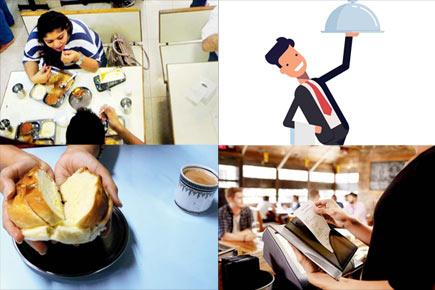
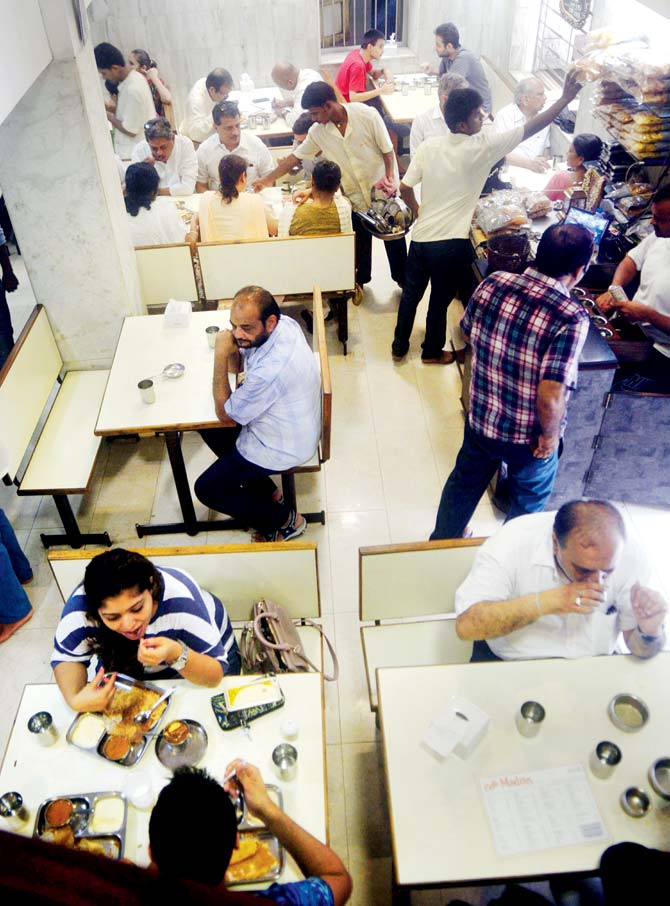
A recent joke goes like this: earlier, people took photos of food, now they'll take photos of the bill. While F&B establishments are still taking stock of GST's impact on overhead costs, restaurateurs believe dining at an AC restaurant has become marginally cheaper, but you will feel the pinch when you order in.

Representation pic
With alcohol exempted, the only thing you'll be nursing after a boozy night out is a hangover and not an empty wallet. mid-day spoke to 10 restaurateurs from across sections for a lowdown.
Also read - GST is here: What does it really mean for you?

Irani chai feels the hit
established in 1955, Yazdani Bakery in Fort remains a go-to cafe for professionals in the neighbourhood, who drop in for buttered brun pav and Irani chai. With GST, the prices have been hiked.
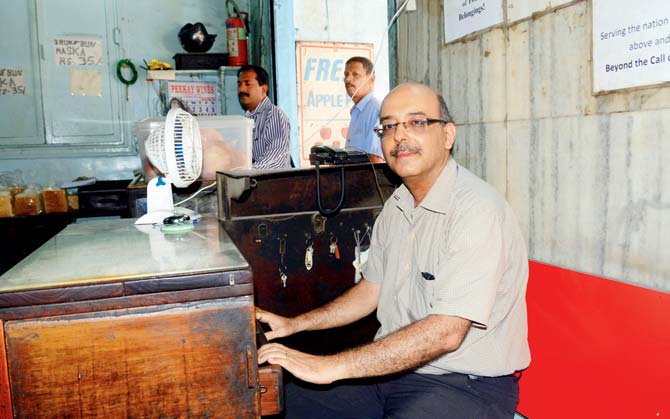
Third-generation owner Tirandaz Irani (in pic) says, "We've had to increase the prices by about three rupees for each item. A cup of Irani chai, which cost '15 is now '18. The cost of raw materials has also increased, by '10 roughly."

Getting high gets cheaper
Guzzling pint after pint of beer or downing shots has become cheaper as alcohol has been kept out of the purview of GST. While earlier, a liquor bill would attract a service tax of 10 per cent and VAT (value added tax) of 5 per cent, now, you will only see the latter on the bill. Riyaaz Amlani, CeO and managing director, Impresario, which operates the hip pub chain, Social, says, "There is no ambiguity as far as the rates of GST are concerned but the fallout remains to be seen. We will monitor our costs and F&B prices for the next couple of months and accordingly, alter item prices on the menu." Like many others in the city, Social continues to levy a 10 per cent service charge that is calculated on dish prices, before the levy of GST.
Also read: Twitterati share their first restaurant bills after GST roll out

Full input tax credit helps
If you decide to dine at The Table you might have to loosen your purse strings a little more. That's because the Colaba fine-dine scrapped service charge from the bills last year, and tweaked the menu pricing to include VAT and service charge. "With GST, the bills will appear to be dearer by 12 per cent for food and non-alcoholic beverages," says partner Gauri Devidayal. She adds that GST is a positive sign for F&B industry, since the overhead costs will reduce. "earlier, we couldn't claim input [tax] credit on several purchases. Now, we will get full input [tax] credit for the GST charged by our vendors. We expect to reduce menu prices in the next few months, after a better understanding of the impact on our costs."
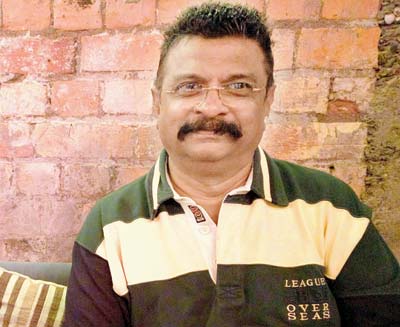
No GST on fish, no service charge
In the post-GST era, Meldan D'Cunha, partner-chef at Soul Fry, a popular seafood eatery on Pali Hill, has decided to do away with service charge. "I didn't wish to put extra burden on guests. Government has declared a single rate for indoor and outdoor seating at an AC restaurant, which is 18 per cent on food bills," says D'Cunha, when we ask if guests will be charged a different GST rate if they prefer the outdoor, non-AC section at his restaurant. In terms of overhead costs, he hopes to see a cost reduction in the inventory. "Our main ingredients are foodgrains, fresh fish, chicken and mutton, which have been exempted from GST," he adds.

Udipi prices turn tax-exclusive
Like several other Udipi joints in the city, Cafe Madras in Matunga was part of a composite tax scheme, where the menu prices were inclusive of the taxes. "The tax slab was lesser. With GST, it's not possible to have prices inclusive of taxes. So, we are going to reduce the prices and make them tax-exclusive," says second-generation owner Devavrat Kamath. Since it's a non-AC establishment, it will charge 12 per cent GST on the total amount.
Also read: GST plays spoil-sport; restaurants to shut shop early on Friday night

Ordering in? Pay tax
So, you thought you would get into your jammies, binge-watch a TV show and order in for a pizza? If you order from an
AC restaurant, you will be charged 18 per cent GST, while a non-AC outlet will add 12 per cent to your bill. The latter includes Pack-A-Pav, which has delivery outlets in Bandra and Juhu. "Our prices are tax-exclusive. We charge it to the final bill. It's the same if you order directly from the shop or via delivery platforms like Swiggy, Zomato and Scootsy," says owner Rohan Mangalorkar. Has this affected orders at his outlets? "It's early to say but Mumbaikars will get used to it in no time."
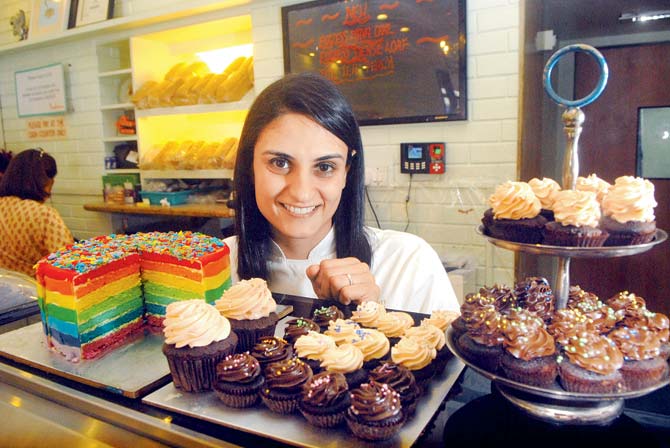
Owner and chef Kainaz Messman Harchandrai at Theobroma
Time to curb your chocolate cravings
In the GST rate list uploaded on Central Board of excise and Customs' (CBeC) website, chocolate and preparations from cocoa attract a GST of 28 per cent. "If you pick up pure chocolate items like Chocolate Truffles or Pure Almond Rocks, this rate will reflect on the bill. However, if you buy a brownie or items containing chocolate, you will be charged 18 per cent GST," explains, Nazir Sarela, COO at Theobroma Foods, where the impact of GST has caused a 4.5 per cent hike on a bill. "We are offering a flat 5 per cent discount on the bill amount in order to absorb the differential amount, and relieve the burden from the customer," he adds.
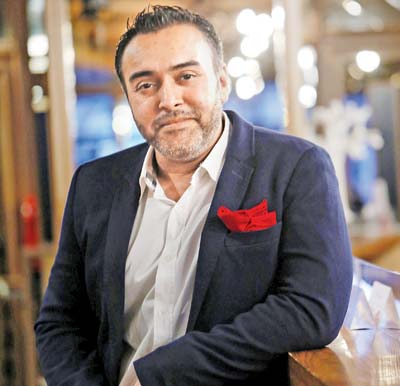
Two bills may create confusion
If you drop in at Zorawar Kalra's Kode, a new freestyle bar and kitchen in Kamala Mills, you will be provided to separate bills — one on food and another on liquor, each with different taxes as per government's directive. "This may create confusion among guests as GST is applicable on food but not on liquor. Ideally, the GST should have included liquor as it would have made things a lot simpler. However, there are some advantages. Now, dining out at non-five star restaurants is less dear, roughly by less than a per cent," observes Kalra. He adds that GST won't impact the menu pricing at any of his restaurants. "We will continue to absorb the extra cost than pass it on to our guests."

Have wine at a five-star
Dining at a five-star has become marginally cheaper, believes Abhisek Basu, executive assistant manager, food and beverage at The Leela that houses Le Cirque Signature within its premises. "We do not levy service charges. The tax on food used to be 19.5 per cent earlier. It has now gone down to 18 per cent. Likewise, alcohol taxes have reduced from 26 per cent to 20 per cent and soft beverages from 31 per cent to 18 per cent. Moreover, the wine collection, which we are famous for, would be cheaper by 6 per cent."
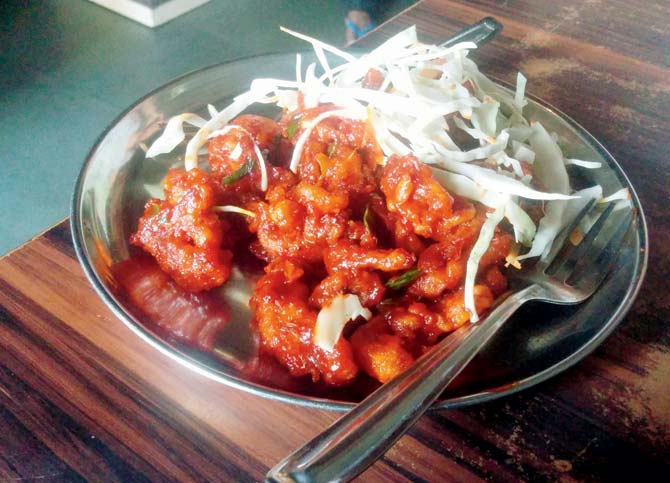
Chaknas, not so cheap
If a bar bite at a hip pub chain gets an additional levy of 18 per cent, so does the chakna you order at a dive bar like Gokul, since it's an AC establishment with the licence to serve liquor. "Alcohol prices stay the same. But I add 18 per cent to every bill I make," says Nagesh, who sits behind the billing counter at the Colaba watering hole.
 Subscribe today by clicking the link and stay updated with the latest news!" Click here!
Subscribe today by clicking the link and stay updated with the latest news!" Click here!







